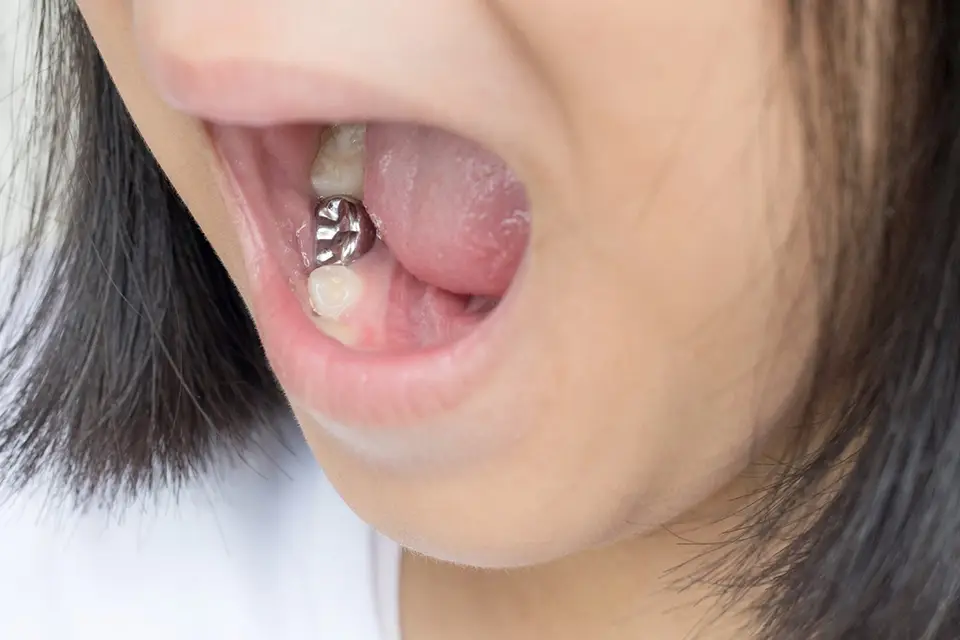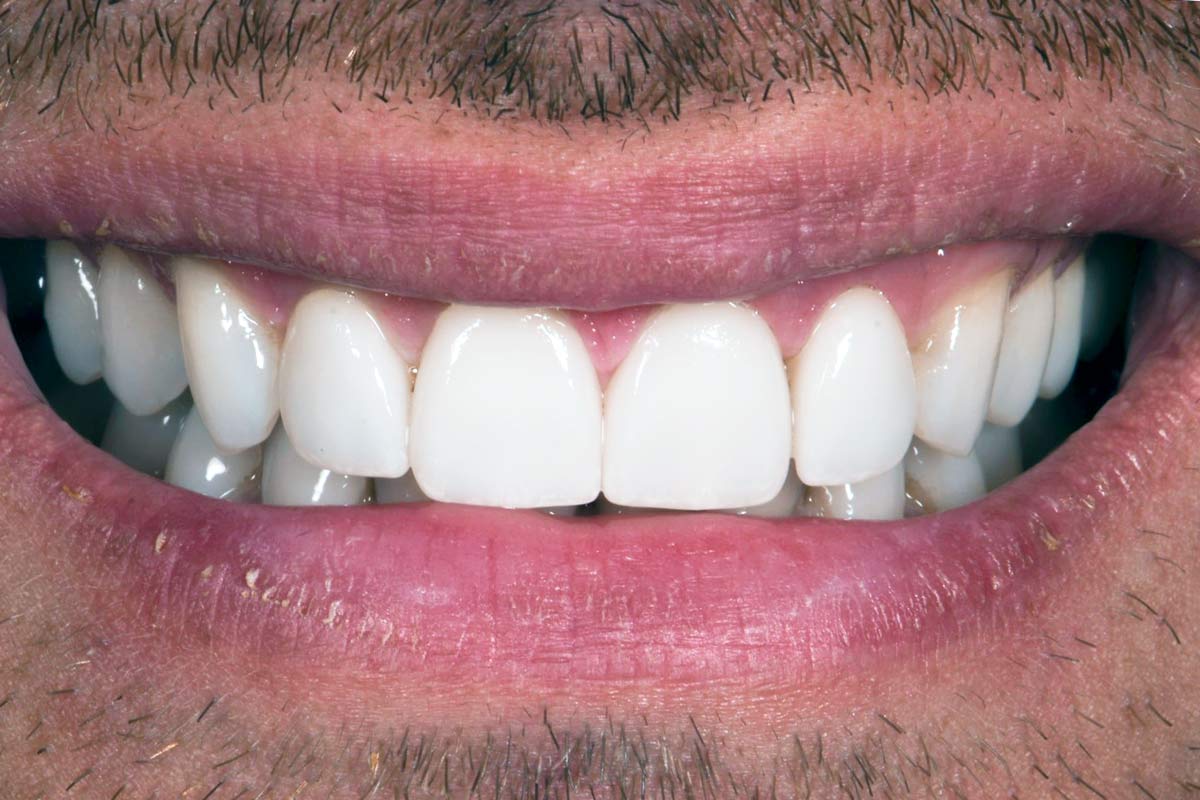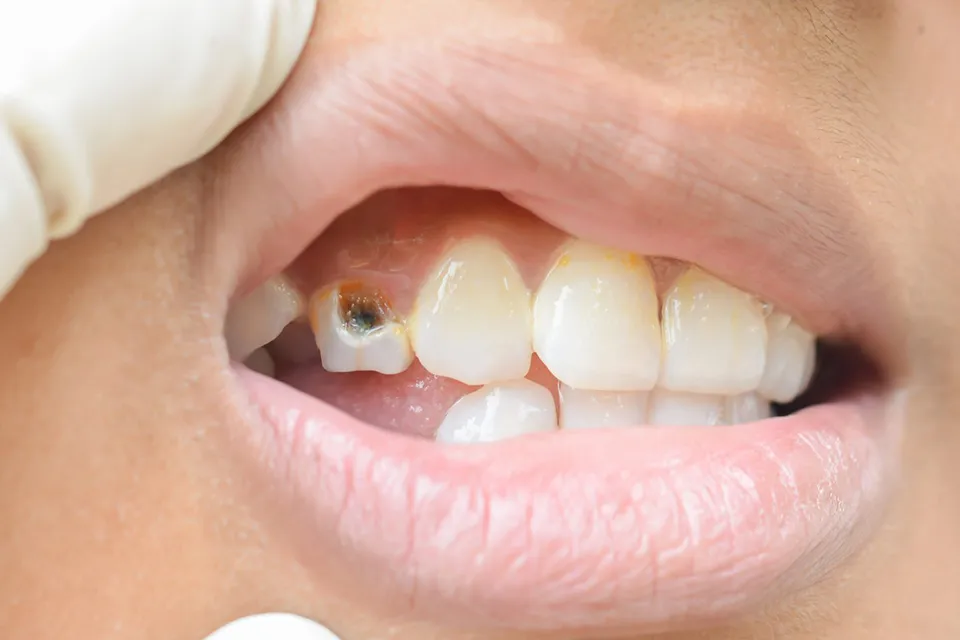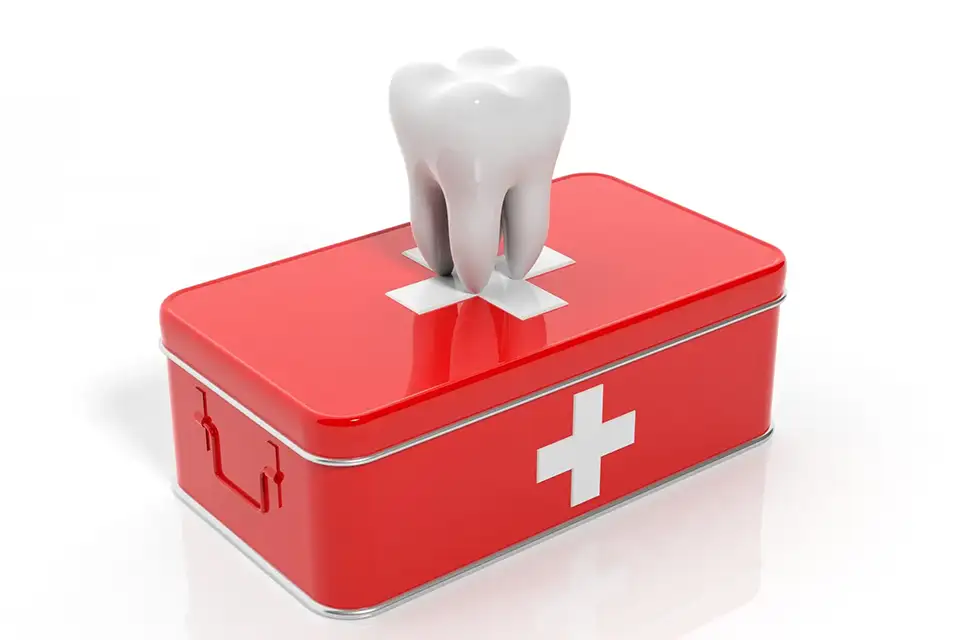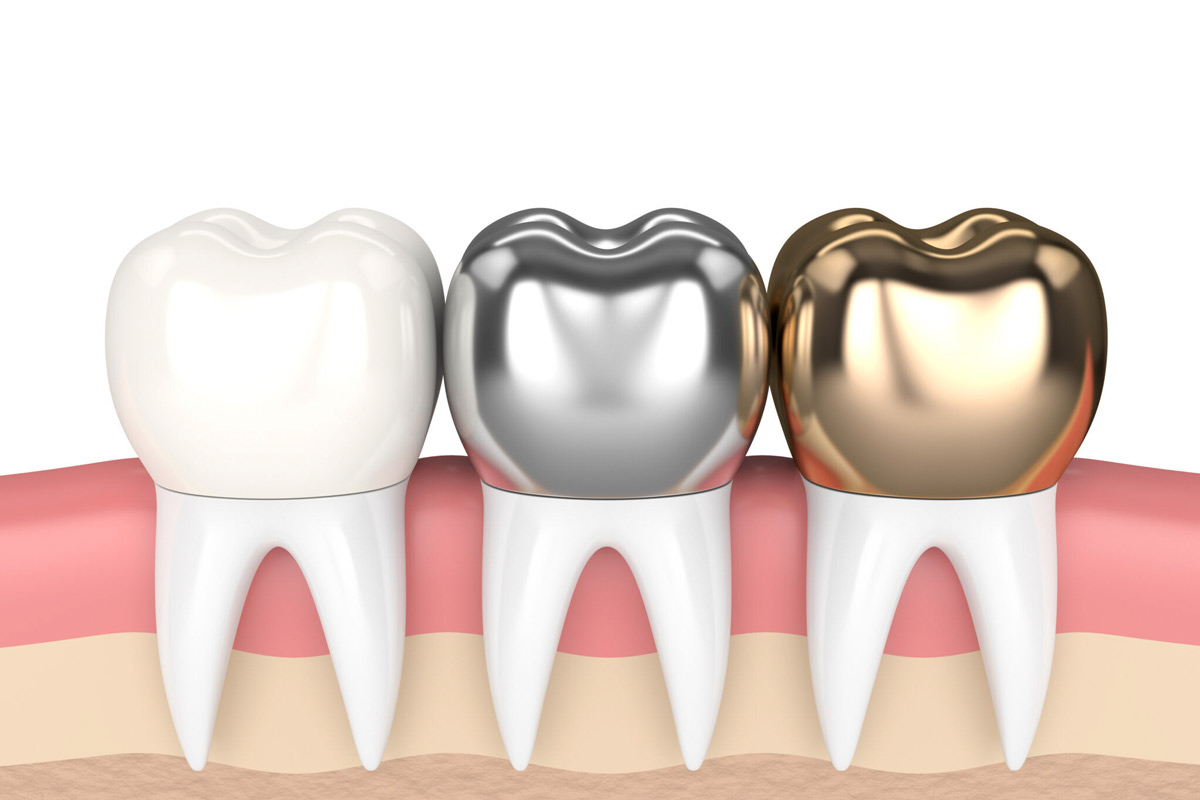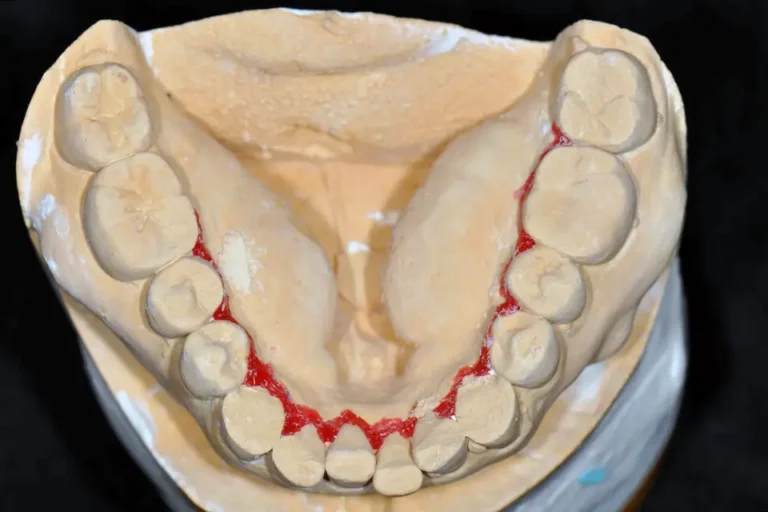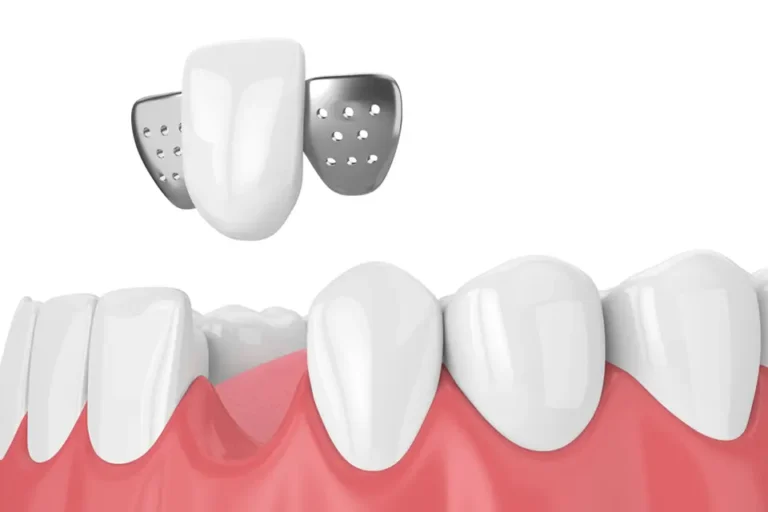Dental Crowns: What Are They?
Dental crowns are caps affixed to the tops of broken teeth. Dentists utilize crowns when fillings cannot correct the issue. They use it to preserve, cover, and restore the shape of your teeth. Many factors, including tooth decay, trauma, or merely regular use over time, may contribute to this. You could lose the size or shape of your teeth. Dental crowns are tooth-shaped “caps” that dentists can position over your tooth. They can make crowns from metals, porcelain, resin, and ceramics. Over time, they usually only need routine good dental hygiene and no extra maintenance.
The following circumstances may call for a dental crown:
- Hold together parts of a cracked tooth or to prevent a weak tooth from breaking.
- To hold a dental bridge in place.
- Cover and support a tooth with an extensive filling when there isn’t much tooth left.
- Restore a tooth previously cracked or significantly worn down.
- Conceal severely discolored or oddly shaped teeth.
- Cover a dental implant.
- Make a cosmetic change.
- Guard a child’s teeth who is at a greater risk of developing tooth decay, especially if they have trouble maintaining their daily oral hygiene routine.
Types of Dental Crowns
Stainless steel, all metal (such as gold or another alloy), porcelain-fused-to-metal, resin, or ceramic materials can create permanent crowns.
Stainless Steel
Dentists practically use refabricated stainless steel crowns on permanent teeth as a temporary fix. They create a permanent crown from a different material; therefore, the crown safeguards the tooth or filling. On the other hand, they frequently use a stainless steel crown to cover a primary tooth prepared for it in children. This protects the tooth from additional decay by the crown, which covers the whole tooth. The crown naturally comes out with the primary tooth when it falls out to replace the permanent tooth. Dentists use stainless steel crowns on children’s teeth since they don’t need multiple dental visits and therefore, less expensive than custom-made crowns.
Metal
They can use several metals, such as gold, palladium, nickel, and chromium to create dental crowns. Metal crowns rarely chip or crack, endure the longest in terms of wear, and only require a minimal teeth removal. Moreover, they can tolerate chewing and biting forces. This sort of crown’s main disadvantage is its metallic color. However, for hidden molars, metal crowns are a good option.
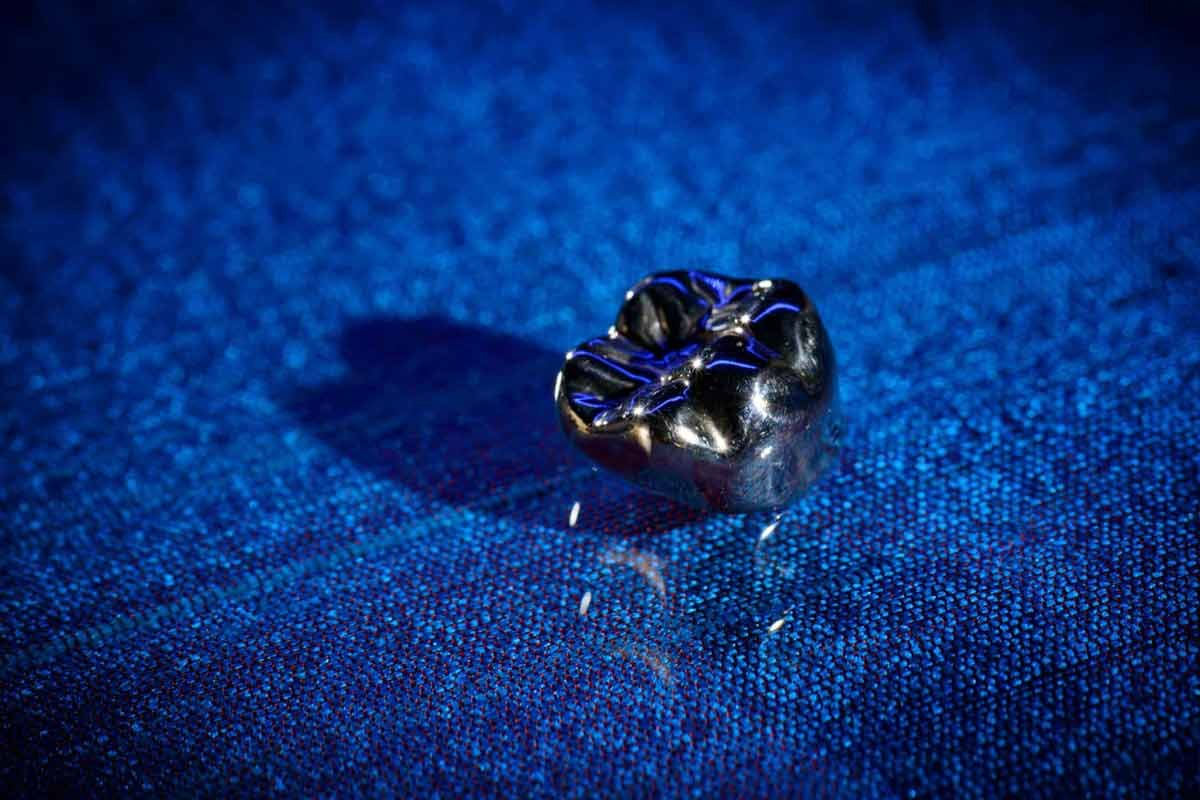
Porcelain-Fused-to-Metal
They can color these crowns to match the adjacent teeth. They look more like natural teeth. Yet, you can occasionally see a dark line as the metal underneath the porcelain crown cap. Additional drawbacks include the potential for the porcelain piece of the crown to chip or break off and the crown wearing down the teeth next to it in the mouth. This wear on the other teeth particularly affects teeth that touch the crown on the top and bottom of your mouth while closed. Dental crowns made of porcelain fused to metal may be viable for front or back teeth.
All-Resin
Compared to other crown kinds, resin-based dental crowns are typically less expensive. On the other hand, they deteriorate with time and are more prone to break than porcelain-fused-to-metal crowns.
All-ceramic or All-porcelain
These dental crowns offer the best natural color match compared to other crown types. They’re also a wise choice if you’re allergic to metal. In contrast, porcelain-fused-to-metal crowns are more durable. However, compared to metal or resin crowns, they can also slightly worsen the wear of the teeth next to them in the mouth. Therefore, front teeth are a suitable candidate for all-ceramic crowns.
Temporary Versus Permanent
While they manufacture most permanent crowns in a dental laboratory, they can create temporary ones in your dentist’s office. They make temporary crowns, which serve as restorative out of stainless steel or an acrylic-based material. In contrast they fabricate a permanent crown in a lab.
What Are 3/4 Crowns and Onlays?
Your teeth may fit with any number of different types of crowns. Dental crowns such as onlays and 3/4 crowns only partially cover your teeth as standard dental crowns. A traditional crown will protect your entire tooth. However, onlays and 3/4 crowns might be the best option when your tooth structure is still strong. Dentists consider it a more conservative technique when opposed to complete coverage of your crown. During this operation, your dentist will remove the damaged area and reshape the tooth to fit the crown.
When it comes to crowns, you have lots of options. Unfortunately, only some types of crown work for some, although some may appeal to you more than others. It will probably come down to your particular demands in the end. However, it would help if you discussed the ideal crown for you and your dental needs with your dentist. Call us at Zara Dental if you live in Houston, Texas, or have any questions left!

